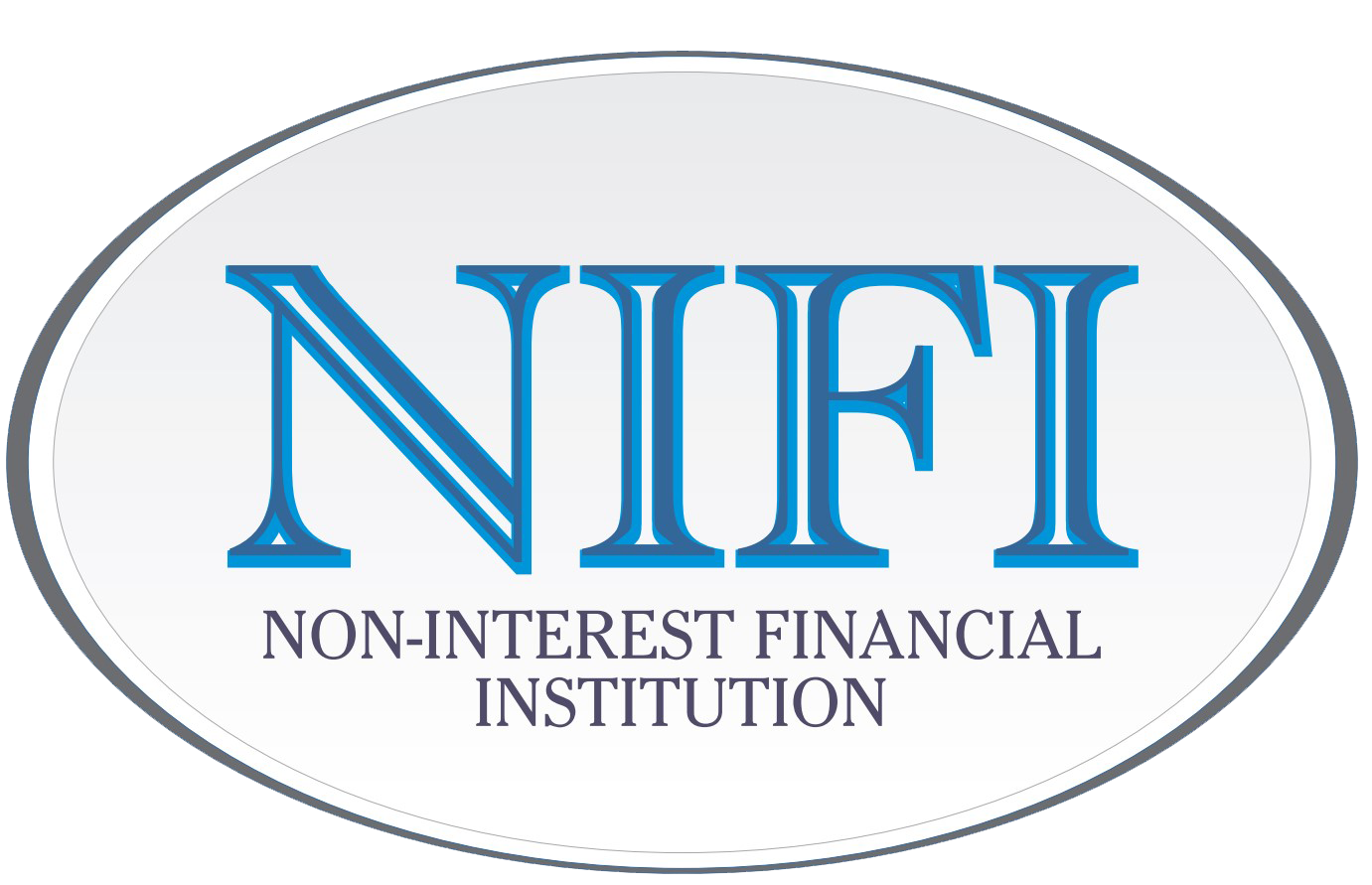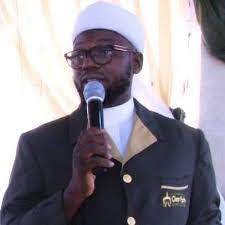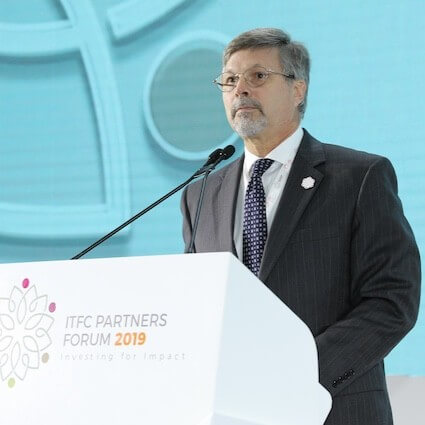To the onlooker, banking can sometimes feel like a world of jargon, numbers, and contracts you need a lawyer to decode. But here’s the thing: non-interest banking isn’t as complicated as it sounds. In fact, at its heart, it’s about fairness, transparency, and shared prosperity.
Instead of money being made from money (through interest), non-interest banking makes money work through real assets, shared risk, and ethical partnerships. And the best part? It’s designed to serve everyone, from students saving allowance, to small business owners, to large corporations financing projects.
Let’s break down the 7 core concepts of non-interest banking in simple, relatable terms.
1. Murabaha (Cost-Plus Financing)
Imagine you want to buy a laptop worth ₦500,000. Instead of lending you cash with interest, the bank buys the laptop and sells it to you for ₦550,000, payable in installments. That extra ₦50,000? It’s the bank’s profit, agreed upon upfront.
No hidden charges. No fluctuating interest rates. Just a clear, transparent transaction.
With inflation rising, Nigeria’s inflation stood at 29.9% as of January 2025 (NBS), clarity on payments is a huge relief. You know exactly how much you’ll pay, no surprises down the road.
2. Ijarah (Leasing)
Think of it like renting a car. Instead of taking a loan, the bank buys the car, and you lease it for a set period. You pay rent, and at the end, you might have the option to own it.
No interest. Just straightforward rental terms.
Vehicle ownership in Nigeria is still low, with just 13 cars per 1,000 people compared to South Africa’s 176 per 1,000 (World Bank). Leasing makes access to reliable mobility more affordable without long-term debt stress.
3. Mudarabah (Trust Financing)
This one is like a trust partnership. You bring your idea, and the bank brings the money.
If the business makes a profit, you share. It’s about shared risks and shared profits.
With youth unemployment at 7.2% in Q3 2023 (NBS), many Nigerians are turning to entrepreneurship. But access to fair capital remains a challenge. Mudarabah provides a pathway where young innovators aren’t buried under crushing debt if things don’t go as planned.
4. Musharakah (Joint Partnership)
Here, both you and the bank invest money into a project, like starting a farm, a fashion label, or a rice mill. Profits are shared fairly, and losses are also shared according to contribution.
It’s a true partnership.
Agriculture still employs over 35% of Nigeria’s workforce (World Bank, 2023). Musharakah means farmers or cooperatives can get into bigger projects without shouldering all the risk alone, while banks stay invested in the outcome.
5. Istisna (Construction & Manufacturing Financing)
This one is perfect for big projects like building a house, a school, or manufacturing goods. The bank funds the project, and you pay back gradually as the work progresses or after completion.
Think of it as financing that grows with the project itself, not pressure before results come in.
As of 2023, housing deficit in Nigeria was about 28 million units (NBS/BusinessDay). Istisna offers a way for families and developers to bridge this gap through ethical, transparent financing.
6. Sukuk (Ethical Bonds)
Sukuk are like the ethical cousins of bonds. Instead of earning interest, investors get returns from real assets or projects. For example, a Sukuk might finance a toll road, hospital, or power plant, and investors receive returns from that project’s revenue.
Nigeria has successfully issued multiple Sukuk bonds since 2017, raising over ₦742 billion for infrastructure (Debt Management Office). That money has gone into building roads and schools across the country. It shows how ethical finance can literally build the nation.
7. Takaful (Mutual Protection)
Takaful works like cooperative insurance. A group of people contribute to a pool, and if one person faces a loss (say, a car accident), the pool supports them.
It’s about community-based protection, not profit-making from people’s bad experiences.
As of 2023, insurance penetration in Nigeria was just 0.5% of GDP, one of the lowest globally (Swiss Re Institute, 2023). Takaful offers a culturally and ethically acceptable way to boost protection and security for families and businesses.
Why These Concepts Matter (and Why The Alternative Bank Cares)
Non-interest banking is not just a list of products. It’s a philosophy.
It’s built on:
- Fairness(no hidden traps, no exploitative interest)
- Transparency(profits and risks are agreed upfront)
- Real value(transactions tied to actual goods and services, not speculation)
- Shared responsibility(both bank and customer succeed or fail together)
At The Alternative Bank, these aren’t abstract ideas. They’re the practical tools we use daily to help Nigerians buy smarter, build stronger, and grow sustainably.
Whether through AltMall for shopping, AltDrive for mobility, or AltInvest for investments, we’ve built platforms around these principles, because ethical banking should meet you where your life happens.
Bringing It Home: What This Means for You
So why should you care about all these Arabic words; Murabaha, Ijarah, Mudarabah?
Because they translate into real, everyday opportunities for you:
- A laptop you can actually afford without hidden charges.
- A car lease that won’t bury you in debt.
- A business partnership where the bank shares the risk.
- A housing project that grows on fair terms.
- Bonds that finance real roads, schools, and hospitals.
- Insurance that’s built on community, not profit.
That’s the promise of non-interest banking; finance with purpose and transparency.
Banking doesn’t have to be intimidating. It doesn’t have to mean endless fine print or burdensome interest rates. With non-interest banking, you get something different: fairness, transparency, and a chance to build wealth without stress.
As Nigeria turns a new page in its economic story, we at The Alternative Bank believe ethical finance isn’t just “alternative” anymore. It’s the future, and it’s a future we’re inviting you to build with us. Learn more here.




This post made me think about things in a completely different way 🌟
Your posts restore my faith in humanity and power of kindness
Your posts always leave me feeling more hopeful ❤️